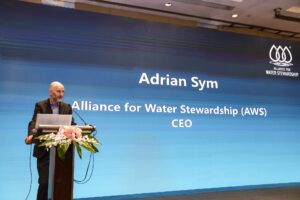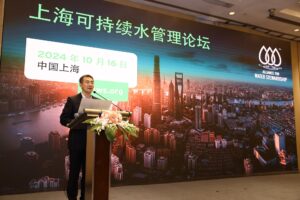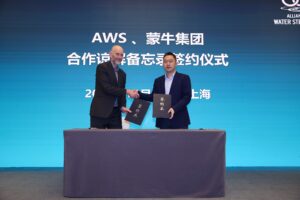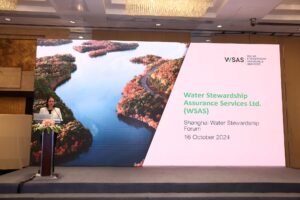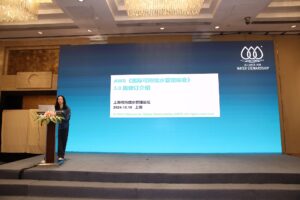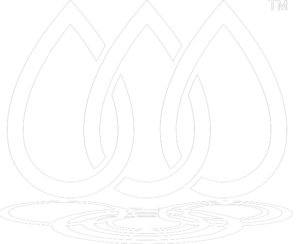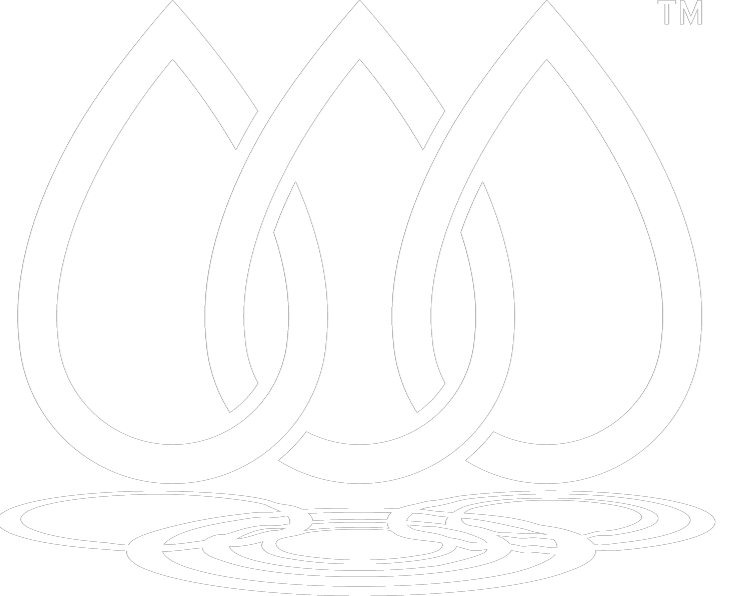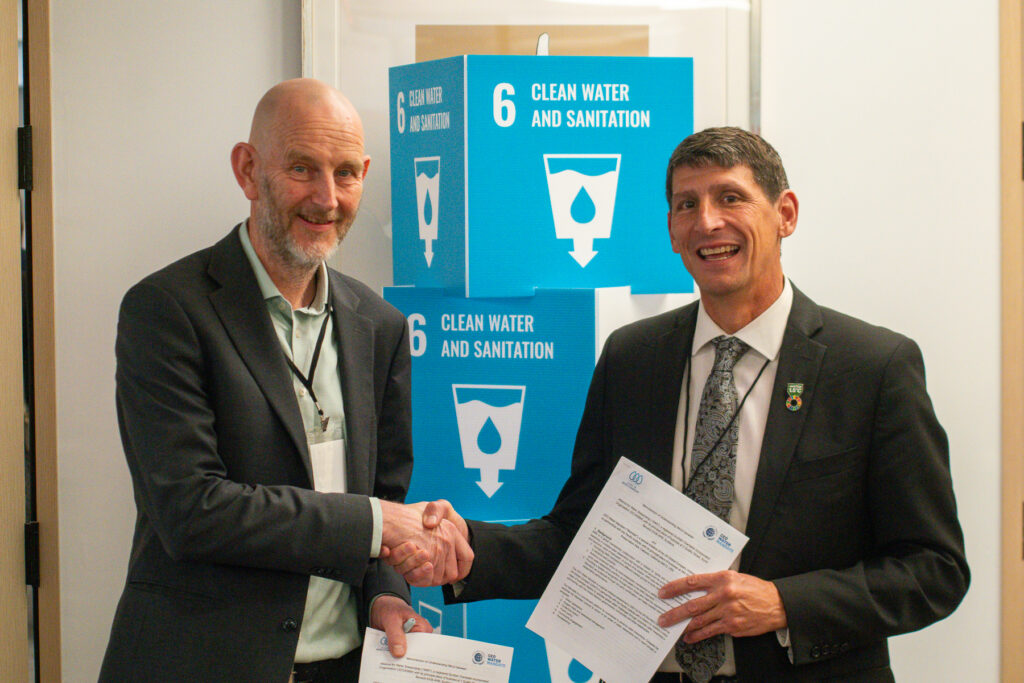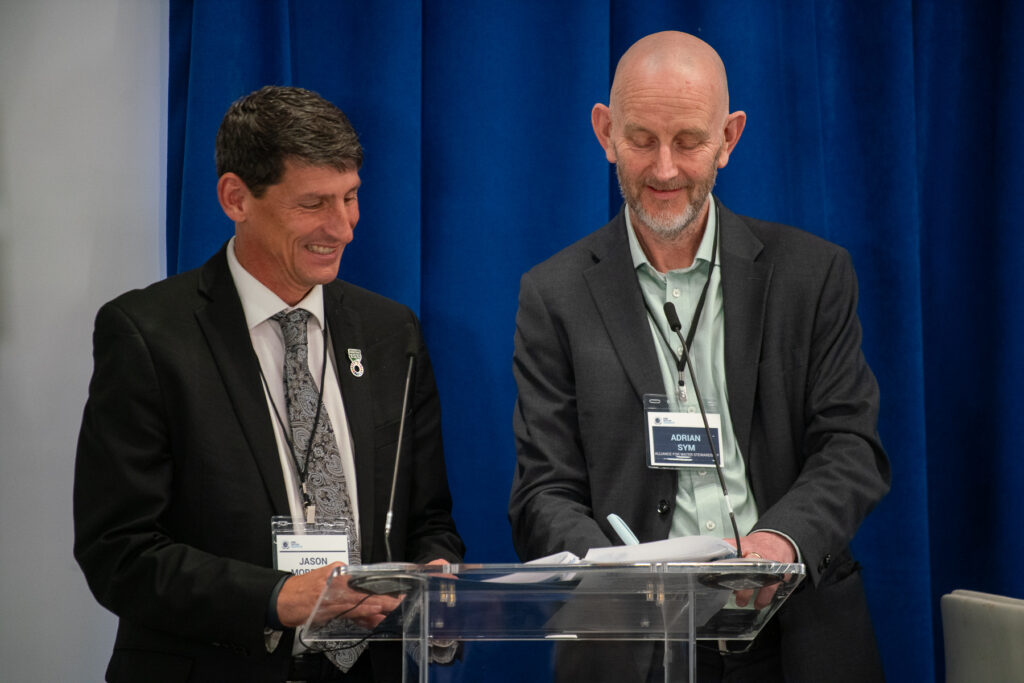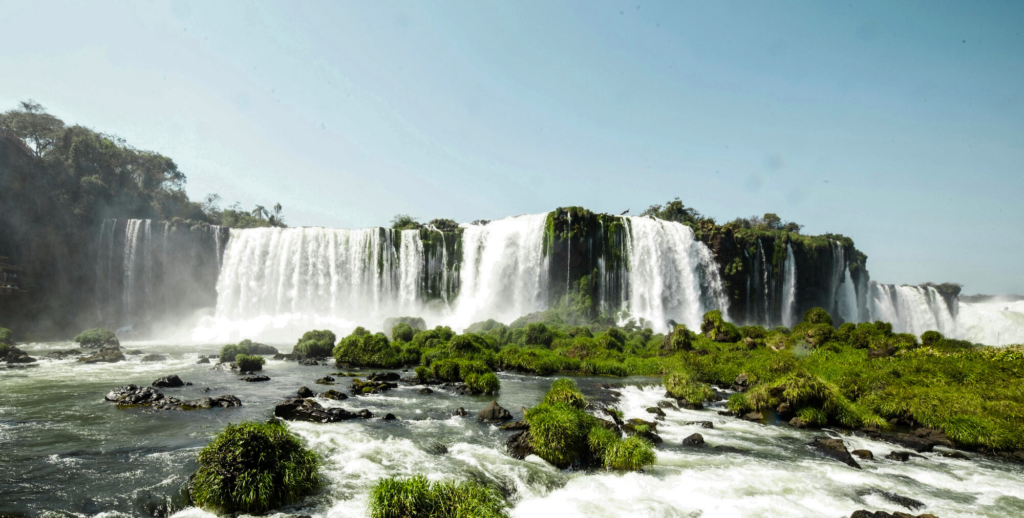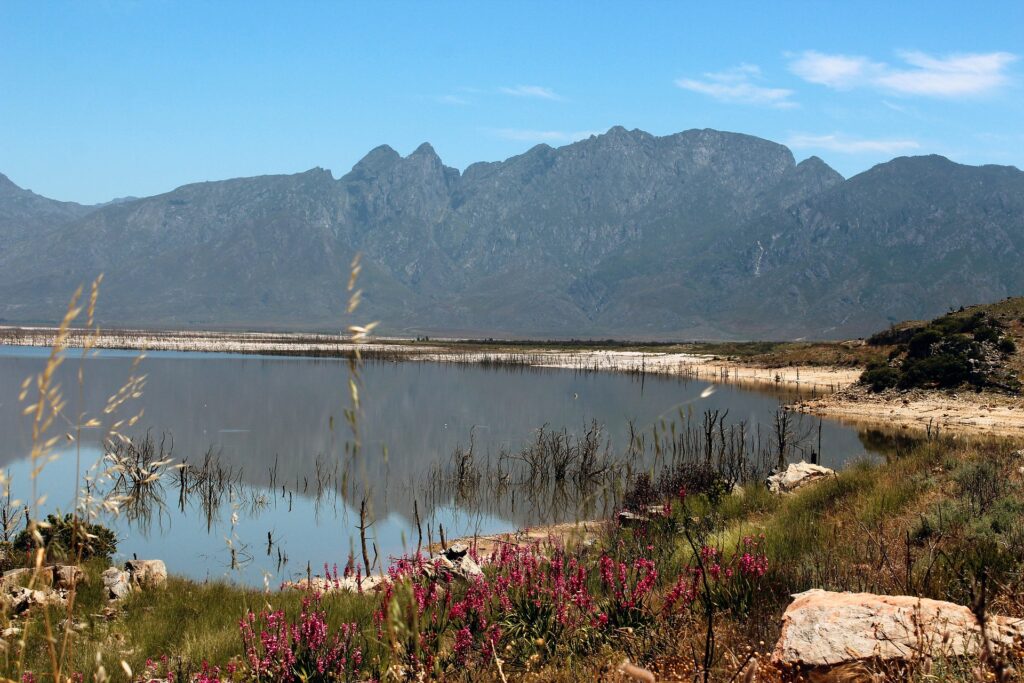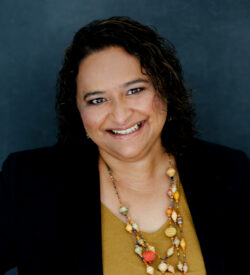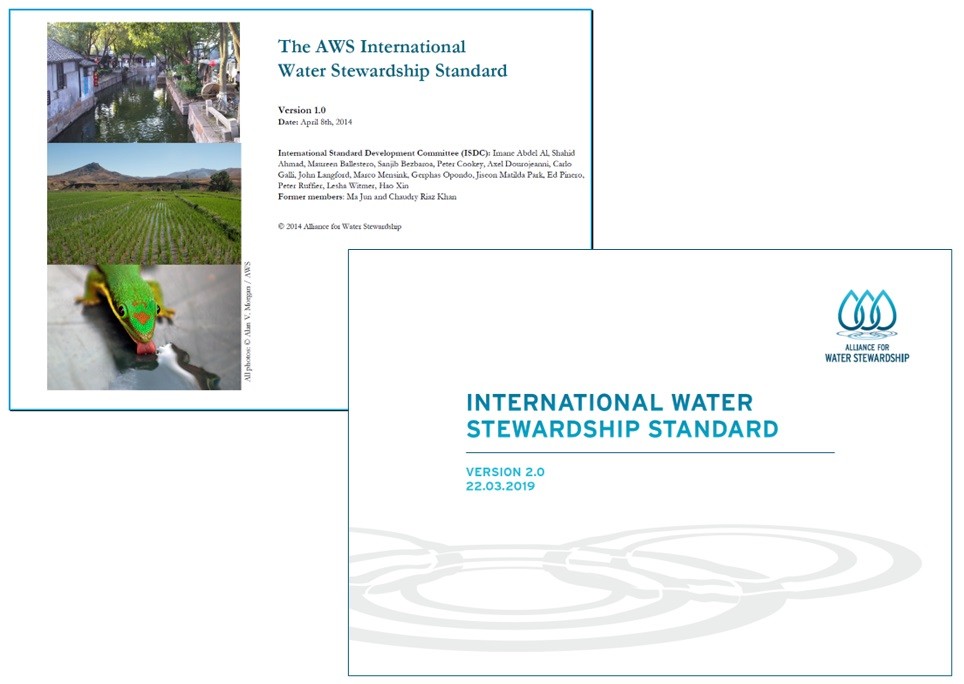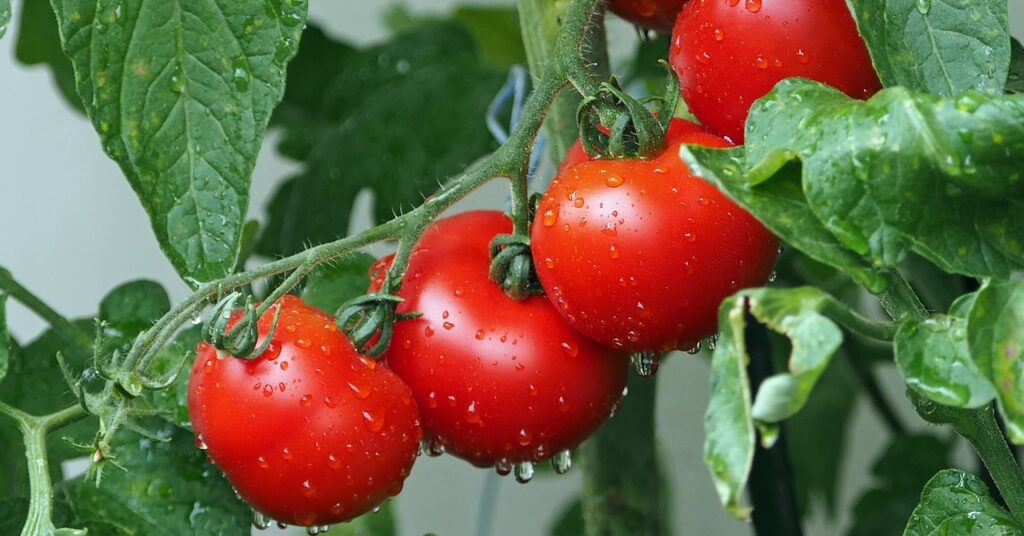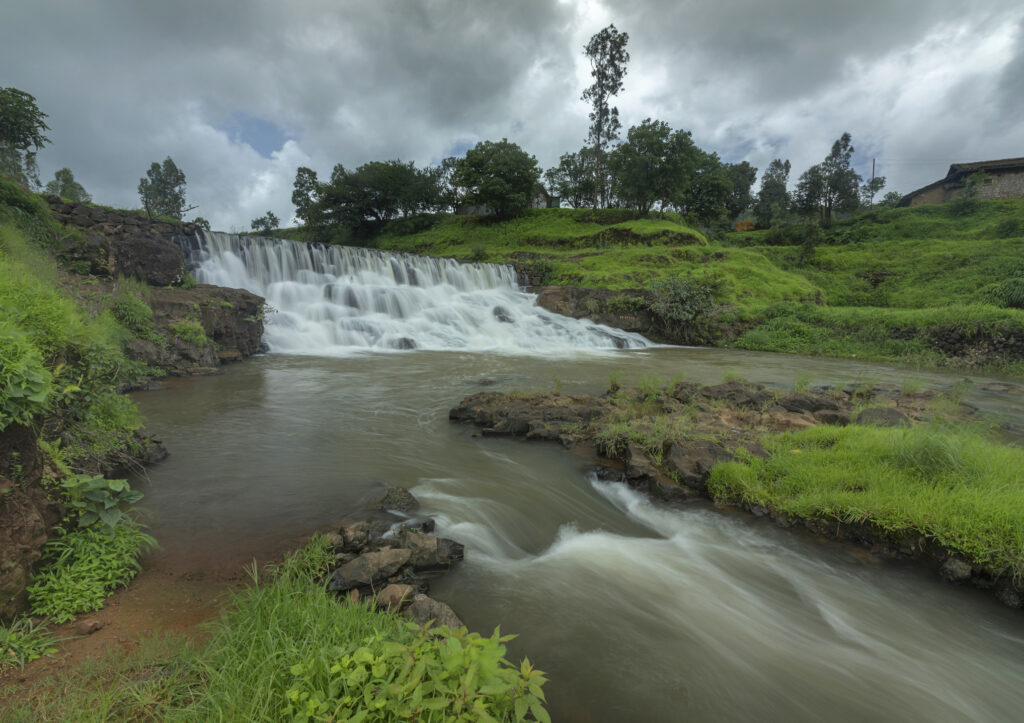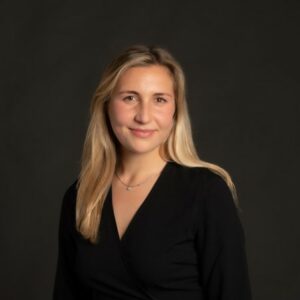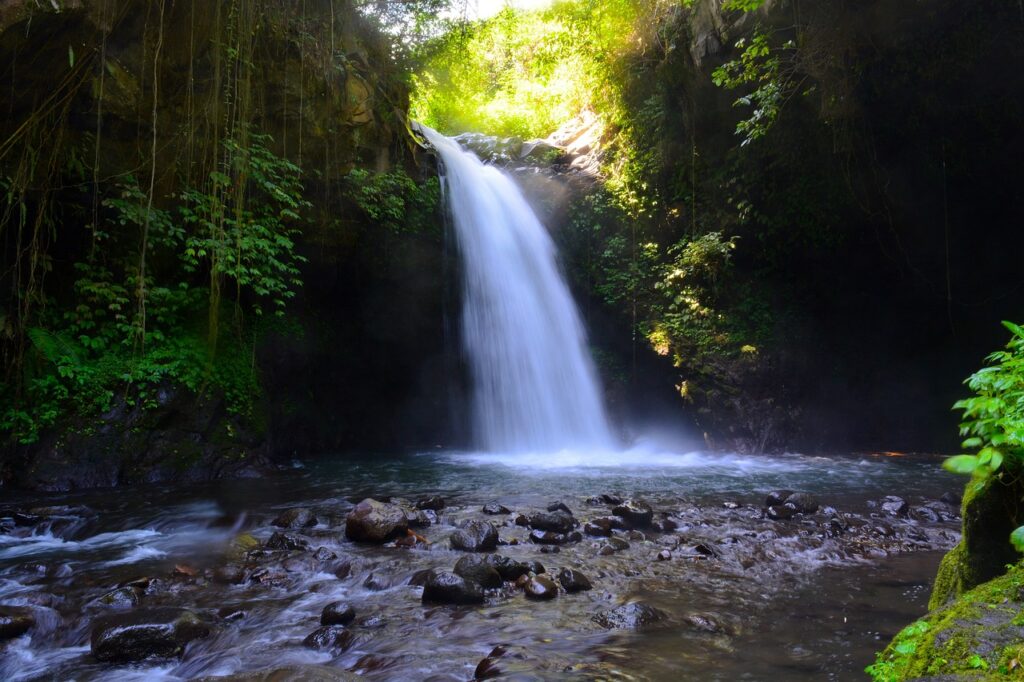The Alliance for Water Stewardship (AWS) Representative Office hosted the first Shanghai Water Stewardship Forum in the Jing’an District of Shanghai, China on 16 October 2024.
Water stewardship experts, practitioners and policy makers gathered at the Swissotel Grand Shanghai to share water stewardship progress in China and to explore the proposed changes to the AWS Standard in Version 3.0.
The event kicked off with opening remarks from AWS CEO Adrian Sym. In the first morning session, participants heard from the public sector agencies including Ministry of Water Resources, the Taihu Basin Authority of Ministry of Water Resources, Shanghai Municipal Administration for Market Regulation, and the Institute for Public and Environmental Affairs. Representatives shared insights on water security, sustainability standard trends, management of the Taihu Basin and how big data can support corporate water stewardship reporting and disclosures. Ms. Rong Cai from the China National Institute of Standardization (CNIS) also shared information on the development of national standards for water stewardship and how CNIS envisages working with AWS to identify synergies with the AWS Standard.
The focus then shifted towards water stewardship in practice. In the next session, representatives from the Mengniu Group, Midea and Haleon shared their insights and experiences in developing water stewardship strategies, implementing their plans and working towards AWS Certification. Ms. Lisa Seufert, Managing Director at Water Stewardship Assurance Services (WSAS) and Mr. Weimin Fang, Vice President of Customized Services of TÜV Rheinland Greater China, provided an overview of the global market for AWS Certification and trends in China. The morning session ended with the signing of a cooperation Memorandum of Understanding (MOU) between AWS and Mengniu Group.
The afternoon took a deep dive into collective action and the AWS Impact Accelerator. Following an introduction into the programme by AWS China Representative, Mr. Jason Lu, participants from the first AWS Impact Accelerator, Boehringer Ingelheim, Primark and TCI Limited, joined ANTA for a panel discussion exploring how the programme helps jumpstart water stewardship and collective action in priority catchments. A second panel discussion with representatives from One Planet Foundation, The Nature Conservancy and Teda EcoCenter discussed the potential for collective action in water stewardship across China.
The final session of the day explored the AWS Standard Revision. AWS China Coordinator, Ms. Cindy Chen introduced the first draft of the AWS Standard V3.0. along with the summary of changes. All attendees were invited and encouraged to provide feedback through the online survey as part of the 60-day global public consultation.
The event marks one year since the new AWS Representative Office was established in Shanghai, China. It is clear since the launch of the representative office that water stewardship continues to gain traction across the country. With 41 sites certified, China has the largest number of AWS Certified sites in the world. In addition, building on the success of the first AWS Impact Accelerator in Wusongjiang River with Cisco, Haleon, TCI, Primark, Boehringer Ingelheim and Western Digital, AWS is planning to launch a new programme in Pearl River Catchment covering Shenzhen, Dongguan and Huizhou in
“The Shanghai Water Stewardship Forum was intended to create a space for sharing learning and ambitions in relation to water stewardship in China. I am very pleased that the event could help strengthen connections between business leaders, government agencies and civil society. With a strong foundation for water stewardship now established in China, the next critical step is to create the right incentives to integrate stewardship into everyday business approaches to water.”
Mr. Adrian Sym, Chief Executive, Alliance for Water Stewardship (AWS)
"The first Shanghai Water Stewardship Forum was a great success. It is believed that this communication platform will have a long-term positive impact on the development of water stewardship in China.”
Ms. Jing Li, Director of Standard Innovation Development Division, Shanghai Municipal Administration for Market Regulation
The participants of the Shanghai Water Stewardship Forum are from a wide range of industries. This also reflects the degree of recognition of the AWS Standard in China and the future development trend.”
Mr. Jason Lu, China Representative, Alliance for Water Stewardship (AWS)
Sponsorship
We would like to thank this year’s sponsor, TÜV Rheinland, for their support of this year’s Shanghai Water Stewardship Forum.

Photos from the event
